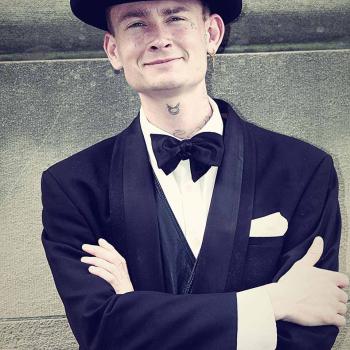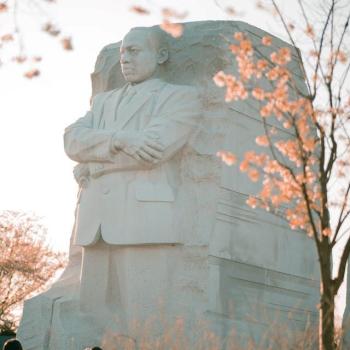"They still could not be gods. Now I understand. Celestial marriage is the crowning ordinance of the gospel."
Did I say that was an excerpt from The God Makers? I was just kidding. It comes from the official LDS student manual for the Achieving a Celestial Marriage class (Intellectual Reserve, 1992, pp. 4-5), and I didn't get it from evangelical anti-Mormons. I bought it at the Distribution Center under the Joseph Smith Memorial Building in Temple Square when I first visited Salt Lake City as a teenager in 1999.
I think the ACM manual is outdated (it was originally published in 1976), but I bring it up because it clearly illustrates the traditional LDS teaching on exaltation and what that entails, and I pretended it was from The God Makers because I think that if an evangelical said, "Mormons believe in becoming gods of their own worlds and giving birth to spirit children with their goddess wives," he or she would be accused of misrepresenting LDS beliefs. But that's exactly what the ACM manual teaches, in almost those exact words. I'm okay if Mormons want to move away from those teachings, but the church did once regularly teach that, quite recently even.
As I see it, there are two key differences between the LDS teachings on exaltation and the traditional Christian doctrine of deification:
1) Our different teachings on the nature of God. While some Latter-day Saints seem to be abandoning the notion that God was once a man who had to progress to become God -- and if you want to discard that teaching, don't let me stand in your way -- this is one divide that otherwise isn't going to get any less wide than it is. Mormons essentially believe that God and man are the same "species," while evangelicals hold that mankind is God's creation. This fundamentally changes what each camp thinks it means to "become a god."
2) Our different teachings on what godhood entails. As the ACM excerpt demonstrates, some Mormons have taught that becoming a god means creating and ruling new worlds and becoming to other souls what God currently is to us. The traditional doctrine of deification is about being made perfect in Christ; the exact nature of our function in the next life is unclear, but I certainly don't think it involves being put over our own worlds. It is important to note that both camps believe in being eternally subordinate to the current God. Mormons do not believe in replacing or usurping the current God; that is a poor caricature of their beliefs.
Conclusions
I would like to see more awareness of the traditional Christian doctrine of deification and the Eastern Orthodox doctrine of theosis among evangelicals. While I think the doctrines of sanctification and glorification fill a similar role, we shouldn't be afraid of becoming divine creatures, even creatures that could be called gods. We believe in it already whether we know it or not.
As far as LDS exaltation goes, I think we need to qualify our complaints in light of our disagreements on the nature of God and the future of the human race. Protesting that "Mormons believe in becoming gods!" isn't just short-sighted and misleading. It's like bringing a knife to a gunfight. Scratch that, it's like bringing a floppy balloon sword to a gunfight.
I also think that all the "Bridget" bookmarks Christian bookstores sell need to be changed to say:
BRIDGET / Irish: ‘Exalted One' / ‘We know that when He appears, we shall be like Him.' ~ 1 John 3:2
I would buy one of those.
Further Non-Lds Reading:
"Becoming Like God: An Evangelical Doctrine of Theosis," by Robert Rakestraw -- See? I'm not the only evangelical who wants to embrace deification or theosis.
"Theosis: Partaking of the Divine Nature," by Mark Shuttleworth -- An introduction to the Greek Orthodox teachings on theosis.
This article was first posted at LDS & Evangelical Conversations and is reprinted with permission.
Bridget Jack Meyers is a member of the Evangelical Covenant Church. She holds a BA in classics from Brigham Young University and is currently working on her MA in American church history at Trinity Evangelical Divinity School. Read about Bridget's relationship with Mormonism here.




